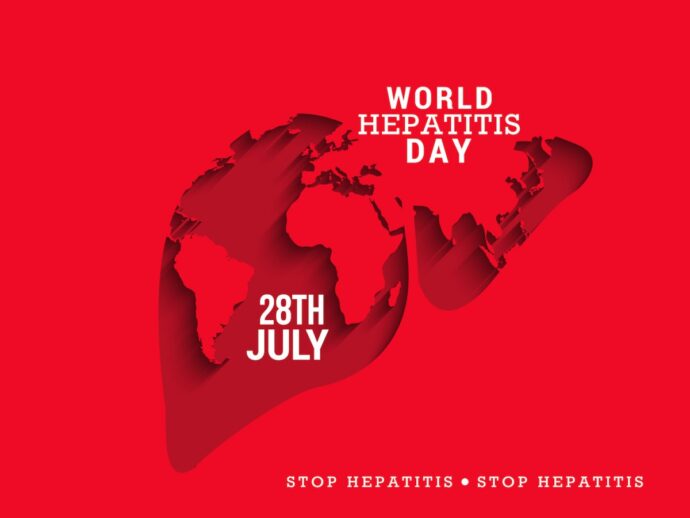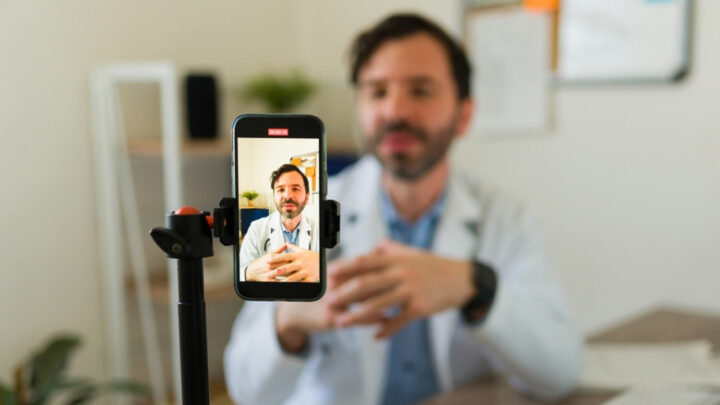
Viral hepatitis, a group of infectious diseases known as hepatitis A, B, C, D, and E, effects millions of people and is one of the leading causes of death globally, responsible for 1.32 million deaths per year. July 28th is World Hepatitis Day, which raises awareness and advocate for change. This year’s theme is a simple call to action: eliminate hepatitis.
In a poll gauging 5,000+ global physicians, Sermo asked doctors if they thought hepatitis B and/or C could be wiped out by 2030. While 52% of physicians did not think that hepatitis B or C can be cured by 2030, 28% felt confident that both could be eliminated. 11% thought that only hepatitis C could be eliminated, and 9% of physicians thought only hepatitis B could be eliminated.
Eliminating hepatitis comes down to preventative and curative measures, the later of which have made huge strides forward in recent years. In 2016, Sermo asked their doctors if they believed that Hepatitis C drugs were worth the cost. While Hepatitis care is being drastically improved through intensive research, new medications can cost upwards of $64,000 dollars in the US. The majority (64%)of the respondents believed that the drugs are still worth it.
In light of the new treatment options, entirely new questions regarding hepatitis have been opened, including the new relationship between kidney transplants and Hepatitis C. Given that there are not enough organ donors to meet demand and the high success rates of new drugs, Sermo asked doctors from 18 countries if they would ever recommend a patient in dire need of a kidney transplant to consider an organ from a donor infected with hepatitis C. Respondents who said they would recommend this course of action cited massive improvements in hepatitis C care that might be enough to outweigh the risks.
Are you a doctor? Log into Sermo to get a global view on conditions, treatments, and more.














